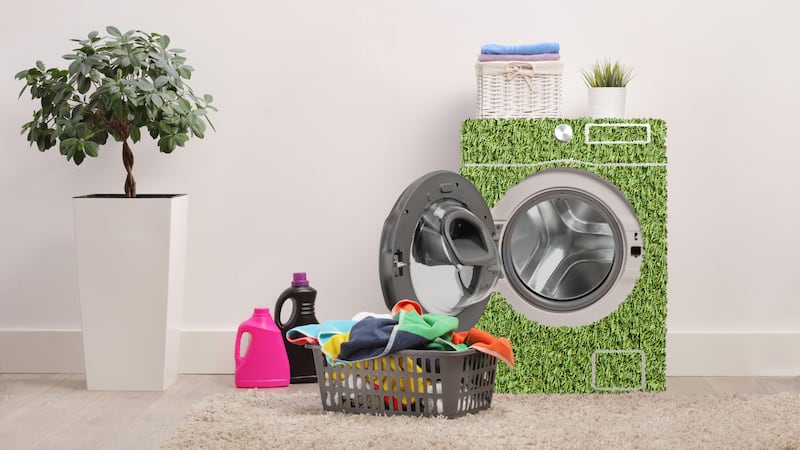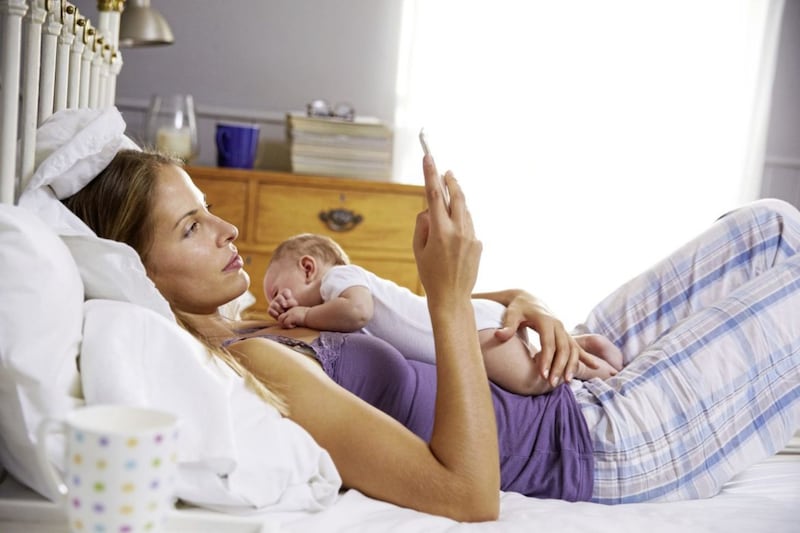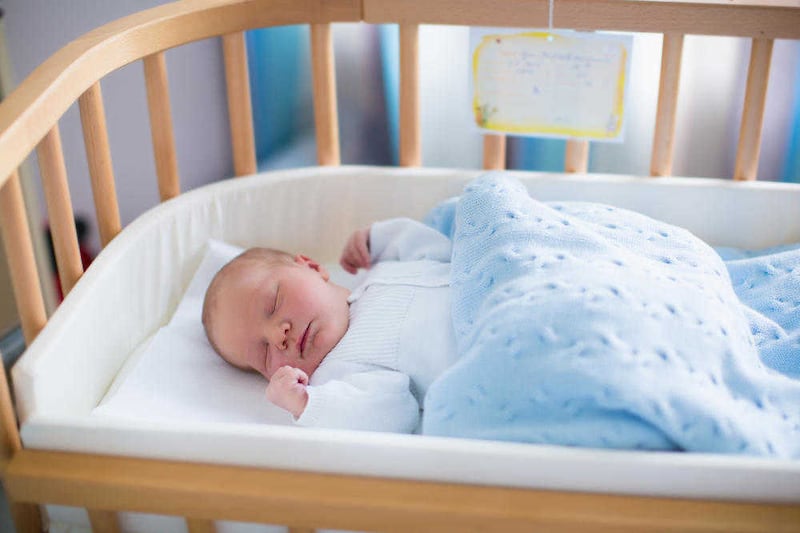HAVING an unwell baby and not knowing what to do about it can be terrifying for a parent. But a free app developed by The Lullaby Trust charity aims to help mums and dads decide whether their baby needs a doctor or not, through outlining 19 simple checks which test for different symptoms or signs of illness.
The Baby Check app gives a score for each symptom, and the higher the total score, the sicker the baby is likely to be.
The Lullaby Trust warns that, of course, the app is only a guide and is not meant to replace your own judgment. Serious problems, such as your baby having a fit, being unresponsive, having a serious injury or a rash that doesn't fade when pressed with a glass, demand an urgent trip to A&E.
Professor Russell Viner, president of the Royal College of Paediatrics and Child Health, says: "Having a baby can be an extremely anxious time for parents, so any device that can help put their mind at ease may be incredibly useful. However, if parents are very worried about their baby, I would encourage them to seek medical help from their family doctor for example, to ensure that if their baby is indeed unwell, any illness is caught early."
Here are the checks you can run through on the Lullaby Trust app and what score they'd 'earn'. Add them up as you go through the list. If the total score is seven or under, a baby is only a little unwell and medical attention shouldn't be necessary. A score of above eight means you may need to seek medical advice, and above 13 means the baby is ill and needs to see a doctor. If the score is 20 or above, a baby may be seriously ill and should be seen by a doctor immediately.
1. Unusual cry
You'll know your baby's usual cries from hunger or tiredness. An unusual cry could be: weak, high-pitched, moaning or painful. If your baby has an unusual cry score 2.
2. Fluids taken
If your baby has taken a little less fluid than usual over the last 24 hours, score 3, about half as much fluid as usual score 4, or if your baby has taken very little fluid score 9.
3. Vomiting
If your baby has vomited at least half the feed after every one of the last three feeds, score 4.
4. Green vomit
Vomit is green when it contains bile, and this may be a sign of obstruction in the intestine. If your baby has green vomit, score 13.
5. Wet nappies
If your baby has passed less urine than usual, score 3.
6. Blood in a nappy
Small flecks of blood in a baby's dirty nappy are usually due to a tiny split at the opening to the back passage and aren't serious. However, a large amount of obvious blood may be serious, as it could be the result of a blockage or damage to the bowel. If there's a lot of obvious blood in your baby's nappy, score 11.
7. Drowsiness
This check isn't about the time your baby's been asleep or irritable. If your baby's been occasionally drowsy and less alert than usual score 3, or if drowsy most of the time score 5.
8. Floppiness
If your baby seems more floppy than usual, score 4.
9. Watching
This check may be difficult if your baby's crying or irritable, but your baby should watch you between cries. If your baby is watching you less than usual score 4
10. Awareness
Watch your baby – is he or she responding to what's going on? If your baby is responding less than usual to what's going on, score 5.
11. Difficulty breathing in
If a baby has breathing difficulty, the lower chest and upper tummy will dip in with each breath. This is called 'indrawing'. When baby is quiet, watch the lower chest and upper tummy. If there's indrawing just visible with each breath, score 4, if there's obvious or deep indrawing with each breath, score 15.
12. Looking pale
If most of your baby's body is much paler than usual score 3. If your baby's had an episode of going very pale at any time during the last 24 hours score 3.
13. Wheezing
If your baby is wheezing when breathing out score 3.
14. Blue nails
Compare your baby's nails to the natural colour of your own fingernails. If your baby's nails are blue score 3.
15. Circulation
Gently squeeze baby's big toe to make it white. This won't hurt your baby. Then let go and wait three seconds. Watch how quickly the colour returns. If your baby's toe was completely white before the squeeze score 3. If your baby's toe colour doesn't return within three seconds, score 3.
16. Rash
Babies often have a few spots or small areas of rash. But if your baby has a rash which covers a large part of the body score 4, or a rash which is large, raw or weeping, score 4.
17. Hernia
In boys, a hernia shows as an obvious bulge in the groin or scrotum. It's very rare in girls. If there's a bulge in the groin or scrotum which gets bigger with crying, score 13.
18. Temperature
In a baby below three months, if the temperature is 38.0C or more score 4. In a baby above three months, if the temperature is 39.0C or more score 4.
19. Crying during checks
If your baby has cried during the checks (more than a little grizzle) score 3.





